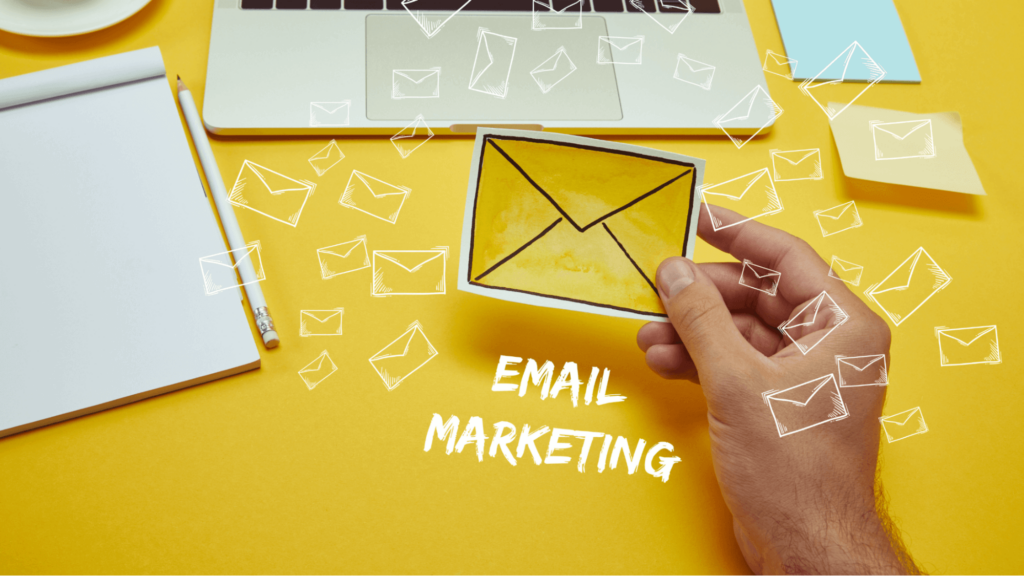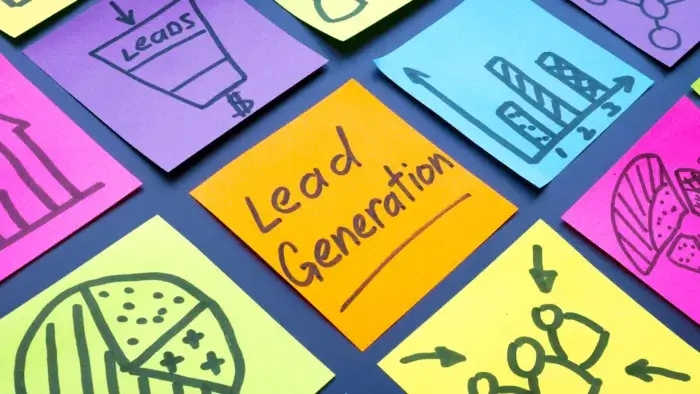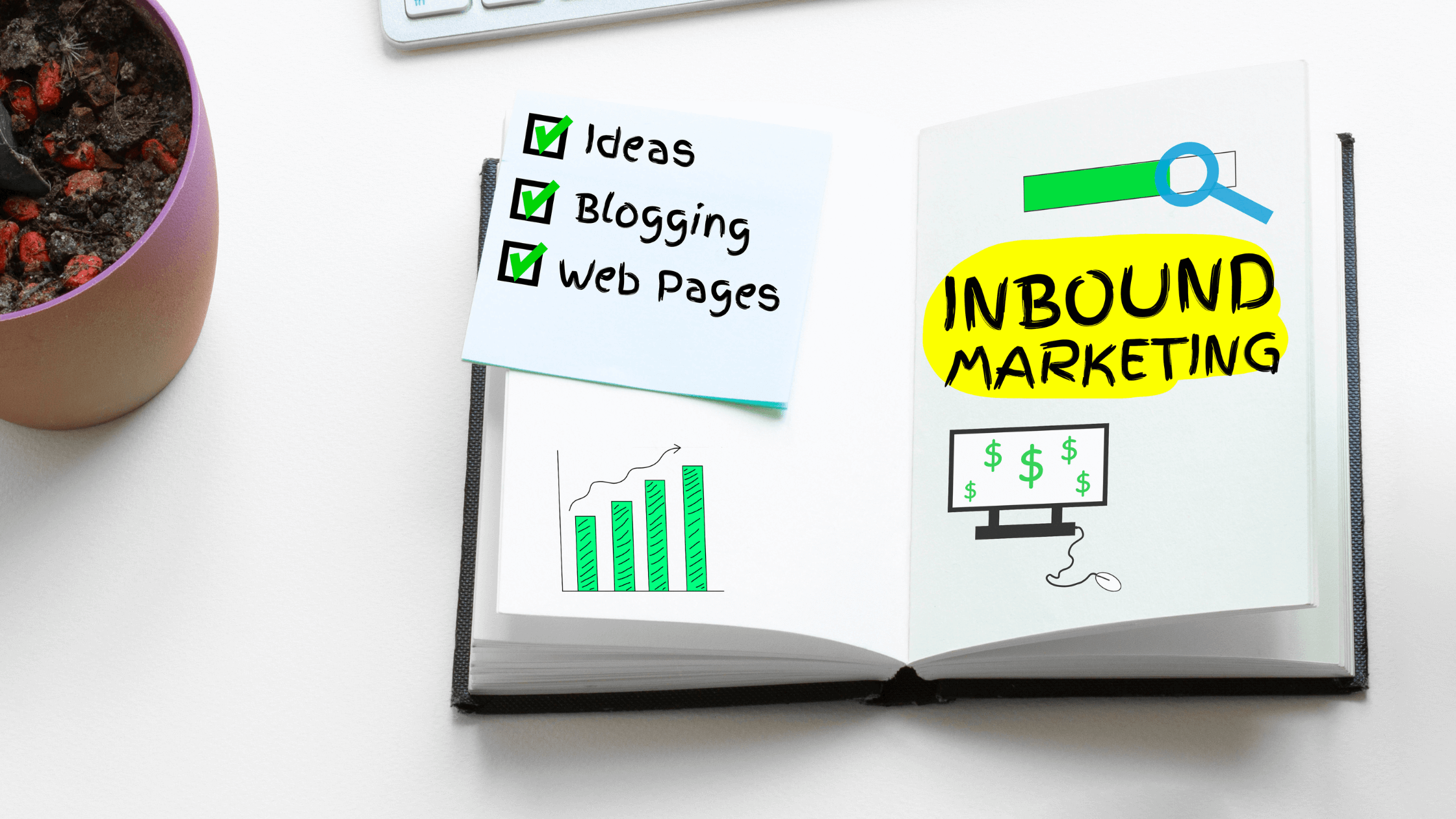Creating a powerful marketing funnel isn’t just a good idea — it’s the cornerstone of a successful digital marketing strategy.
But where do you start?
How do you ensure that your marketing funnel isn’t just another diagram but a dynamic, results-driven strategy?
In this post, I’ll discuss specific, actionable strategies to build a marketing funnel that truly converts. From initial awareness to the final sale, I’ll teach you the ins and outs of each step — and explain why each one is crucial.
Let’s dive right in.
We’ll start with a quick definition…
What is a Marketing Funnel?

A marketing funnel is a strategic model used to guide potential customers through the stages of becoming aware of a product or service, developing interest, considering a purchase and finally making a buying decision.
Imagine it as a funnel-shaped process, where the widest part at the top represents the initial stage where a large number of potential customers are reached.
As they move down the funnel, the process narrows, reflecting the journey of those who continue to show interest and finally decide to purchase.
Why a Well-Defined Funnel is Crucial in Marketing
Having a well-defined marketing funnel is essential in any marketing strategy.
It helps businesses understand and cater to the different needs and behaviors of potential customers at each stage. By analyzing how prospects move through the funnel, companies can optimize their marketing efforts, ensuring they provide the right message at the right time.
This strategic approach leads to more efficient use of resources, higher conversion rates, and ultimately, better customer relationships and brand loyalty.
Understanding Your Target Audience

Know Your Crowd: Why Understanding Your Audience is Crucial
Knowing your target audience is the cornerstone of any effective marketing funnel.
It’s about understanding who you are talking to, what they need and how your product or service fits into their lives.
This isn’t just about demographics like age or location, but delving deeper into psychographics — understanding their values, challenges and aspirations.
By truly understanding your audience, you can tailor your messaging to resonate deeply, making your marketing funnel not just a pathway but a journey that feels personal and relevant to them. This alignment between your audience’s needs and your offering increases the likelihood of conversion, fostering a stronger, more loyal customer base.
Dive Deep: Techniques for Crafting Your Ideal Customer Persona
To effectively define your ideal customer, research is key.
Start with existing data from your customer base. Look for patterns in purchasing behavior, feedback and engagement. Use surveys and interviews to gather qualitative insights. Social media analytics can also offer a wealth of information about your audience’s interests and online behavior.
Creating detailed customer personas involves a blend of this data and market research. Personas should include not just basic demographics, but also motivations, pain points and buying triggers. The more detailed your persona, the more targeted and effective your marketing funnel can be, guiding your strategy with precision and empathy.
Top of the Funnel (TOFU)

Understanding the Awareness Stage
At the top of the marketing funnel, often abbreviated as TOFU, we are primarily focusing on awareness.
This is where the magic begins – where you let your potential customers know that you exist and that you understand their problems or needs.
In this stage, individuals are typically not yet ready to buy; they are just becoming aware of your brand and what you offer. The key here is to introduce your brand in a way that resonates with them, addressing their pain points, curiosities and needs without immediately pushing for a sale.
This stage is crucial for building a solid foundation for the rest of your marketing funnel.
Grabbing Attention: Strategies That Shine
Let’s get real about catching eyes and turning heads.
Attracting and capturing the attention of potential customers at the top of the funnel is a blend of art and science. You want to utilize strategies that not only draw attention but also encourage engagement. This includes creating high-quality, informative and entertaining content such as blog posts, social media updates, infographics and videos that address common questions or concerns.
EO plays a huge role here, ensuring your content is discoverable by those searching for related topics.
Additionally, leveraging social media advertising and influencer partnerships can significantly amplify your reach.
Remember, the goal here is to spark interest and make them want to learn more about what you have to offer.
Middle of the Funnel (MOFU)

Nurturing Leads: The Heart of the MOFU
The middle of the marketing funnel, often abbreviated as MOFU, is where the lead nurturing happens.
This stage is crucial because it’s where potential customers who have shown initial interest are guided further down the funnel. It’s about maintaining that spark of interest and gently fanning it into a flame.
The key here is to understand the leads’ needs and problems, and then offer tailored solutions. Content in this stage should be more detailed than the top of the funnel (TOFU), focusing on demonstrating how your product or service can solve specific problems or improve their situation.
It’s about deepening the relationship by providing value, whether through educational content, more in-depth webinars or personalized email campaigns.
Building Trust & Interest: Engage and Educate
Here’s where you need to put on your educator’s hat and get creative.
Engaging and educating leads in the MOFU is about building trust and interest. This phase is less about selling and more about helping.
So, create content that answers common questions, addresses concerns and showcases the unique benefits of your offering. Utilize formats like case studies, how-to guides and demonstration videos to showcase real-life applications and successes.
By providing valuable and relevant information, you help leads see the potential in what you’re offering, establishing your brand as a trustworthy authority in your field.
The goal is to make leads feel informed, supported and confident in moving to the next stage of the funnel.
Bottom of the Funnel (BOFU)

The Heart of the Matter: Understanding the Bottom of the Funnel
At the Bottom of the Funnel (BOFU), we’ve arrived at the crucial stage where potential leads turn into actual customers. This is the final step in the marketing funnel journey and, arguably, the most critical.
Here, the focus shifts significantly from attracting and nurturing leads to converting them into sales or actions. It’s where your efforts bear fruit, and your marketing strategies culminate in tangible results.
In a typical marketing funnel, BOFU represents a narrower segment, as not all who enter the funnel reach this point.
However, those who do are considered highly interested and are on the verge of making a decision.
Your content here needs to be highly targeted, addressing specific concerns or questions that might be the final barrier to a purchase or commitment.
Let’s Make it Happen: Tactics to Encourage the Final Leap
Encouraging leads to take the final step and make a purchase or commit to an action requires a blend of psychology, strategy and timely nudges.
At this stage, personalization is key.
Tailoring your message to address the specific needs and pain points of your audience can significantly increase conversion rates. Use strong, clear calls-to-action (CTAs) that guide leads towards making a decision.
Implementing urgency, like limited-time offers, can be effective, but it’s important to balance this with authenticity to maintain trust. Testimonials, case studies and demonstrations can play a pivotal role here, providing the social proof and reassurance that leads might need to commit.
Remember, at the BOFU, your lead is already considering your offer; your job is to gently guide them across the finish line.
Building Landing Pages and Forms

Landing Pages & Forms: The Heartbeat of Your Funnel
Landing pages and forms play a pivotal role in creating an effective marketing funnel — they’re the gateways through which visitors enter your funnel, transforming from casual browsers into potential leads.
A well-designed landing page focuses on a single objective, usually tied to a specific campaign or offer, and minimizes distractions to guide the visitor towards taking an action.
This action, often filling out a form of some kind, is crucial for capturing essential information about potential customers.
The effectiveness of these elements directly impacts the success of your marketing funnel by determining the quantity and quality of leads generated.
Tips for Crafting High-Converting Landing Pages & Forms
To create landing pages and forms that truly convert, focus on clarity and simplicity.
Your landing page should have a compelling headline that resonates with your target audience’s needs or desires.
Ensure that the content is concise and to the point, highlighting the benefits of your offer.
The form should be straightforward, asking only for necessary information to avoid overwhelming the visitor.
Additionally, incorporating elements like testimonials or trust badges can significantly boost conversion rates by building credibility.
Remember, every element on the page should align with the ultimate goal: converting visitors into leads.
Email Marketing and Automation

Unleash the Power of Email Marketing to Nurture Leads
Email marketing remains a cornerstone in the realm of digital marketing, so it’s no surprise that it, too, plays a pivotal role in nurturing leads through the marketing funnel.
Emails offer a direct line of communication with potential customers, allowing businesses to deliver tailored messages that resonate with their audience’s interests and needs.
So, by regularly engaging with leads via email, companies can build trust and credibility, gradually moving these prospects through the buyer’s journey.
The beauty of email marketing lies in its ability to segment audiences, ensuring that the content is highly relevant and increases the likelihood of conversion. Plus, it provides invaluable insights through open rates, click-through rates and engagement metrics, helping to refine strategies and messages for maximum impact.
Streamlining Nurturing with Marketing Automation Magic
Marketing automation is like having a 24/7 digital assistant dedicated to optimizing the nurturing process. It allows for the scheduling and deployment of targeted email campaigns based on specific triggers or behaviors, such as downloading a whitepaper or visiting a particular webpage.
This automation ensures that leads receive timely and relevant information without manual intervention, increasing efficiency and consistency in communications.
Measuring and Analyzing Funnel Performance

Why Tracking and Analytics are Non-Negotiable in Your Marketing Funnel
In the dynamic world of digital marketing, having a marketing funnel is just the beginning.
What truly makes a funnel effective is its ability to be measured and analyzed.
Tracking and analytics are indispensable because they provide insights into the customer journey, revealing what’s working and what’s not. Without this data, you’re essentially flying blind, unable to optimize your funnel for maximum conversion.
Analytics help in understanding customer behavior, pinpointing drop-off points and gauging the overall effectiveness of your marketing efforts. This continuous loop of measurement and adjustment is crucial for refining your funnel strategy to ensure it aligns perfectly with your target audience’s needs and preferences.
Key Performance Indicators (KPIs) & Tools: The Compass of Your Marketing Funnel Success
To effectively measure the performance of your marketing funnel, you need to identify the right Key Performance Indicators (KPIs).
These metrics should align with your business goals and provide clear insights into the funnel’s effectiveness. Common KPIs include conversion rate, customer lifetime value, cost per acquisition and lead generation rate.
Tools like Google Analytics, Kissmetrics and Mixpanel can offer detailed insights into these metrics. These tools help in tracking user interactions, identifying patterns and understanding the ROI of your marketing activities.
By regularly monitoring these KPIs, you can make data-driven decisions that enhance the performance of your marketing funnel and drive better business outcomes.
Optimization and Iteration

Embrace the Journey: The Importance of Continuous Improvement in Funnel Performance
Want to rest on your laurels? Sure, go ahead. But it’s a decision that can quickly lead to obsolescence!
This is why continuous improvement is the heartbeat of a successful marketing funnel.
And that’s because a marketing funnel is not a ‘set it and forget it’ tool — it’s a living, breathing strategy that needs nurturing and attention.
By continuously analyzing and refining your funnel, you keep pace with changing customer behaviors and market trends. This process of perpetual enhancement ensures your marketing funnel remains effective, efficient and aligned with your audience’s evolving needs.
The key to long-term success is adapting to feedback and data, not just implementing a one-time strategy.
Let’s Get Tactical: Strategies for Optimizing and Iterating on Your Funnel
Optimizing and iterating on your marketing funnel isn’t just about making changes; it’s about making the right changes.
Start with data analysis. Dive deep into your funnel’s performance metrics to understand where you’re losing prospects and where you’re winning them over.
Utilize A/B testing to experiment with different elements of your funnel, from email subject lines to landing page layouts.
Don’t forget the power of customer feedback; directly engaging with your audience can unveil invaluable insights.
Finally, embrace a mindset of agility.
The best marketers are those who can quickly adapt their strategies based on new learnings and evolving market conditions.
Ready to Create the Next Great Marketing Funnel?
In this post, we’ve navigated through the essentials of building a powerful, yet simple, marketing funnel.
Now that you’re armed with the knowledge and strategies, it’s time to take action!
Remember, creating an effective marketing funnel doesn’t have to be complex. Start by defining your audience, crafting compelling messages for each funnel stage, and remember to measure and tweak your approach.
Your marketing funnel isn’t just a tool — it’s a journey of connecting with your audience and growing your business.
So, dive in and experiment. Good luck!
But before you go…
Ready to really grow your business and your impact? Then, join me for the ONLY business-building event where you’ll leave with a shorter to-do list than when you arrived!
I’ll be sharing exactly how to hone in on what to say, do and sell next in order to grow your business — with proven strategies that I’ve spent over a decade testing.
In fact, this is the 12th annual Live Your Message LIVE, and many students come back year after year — because the strategies keep working!
We’ll spend 3 days together virtually, working on your business and YOUR unique growth blueprint. Grab your seat here.
You’ll ALSO receive your very own copy of my valuable Message to Money Pathway — your unique, highly customized template that will guide you by the hand to your 6 or 7-figure business (regardless of where you’re starting from).
You’ll Zoom in “overwhelmed” and Zoom out with an exact roadmap for what to say, do and sell next to grow your business in 2024. Here’s the link again to grab your ticket.


























Leave a Comment